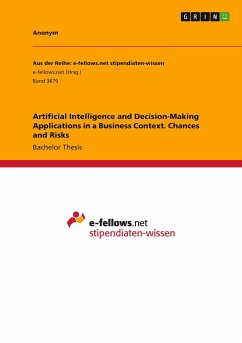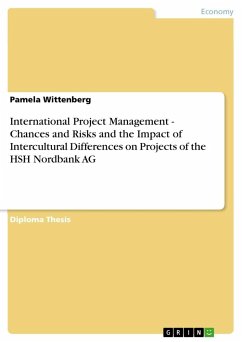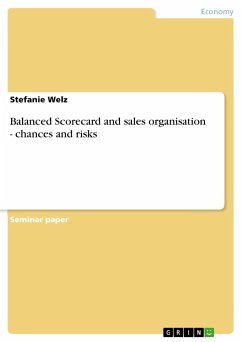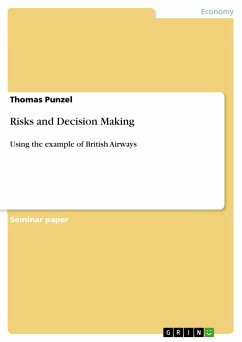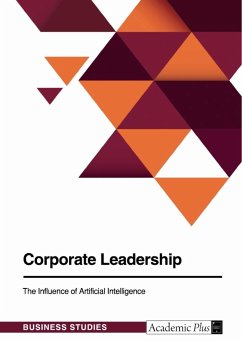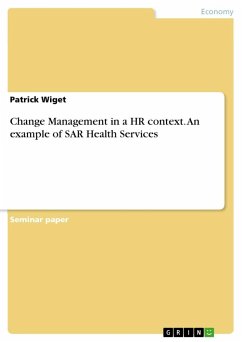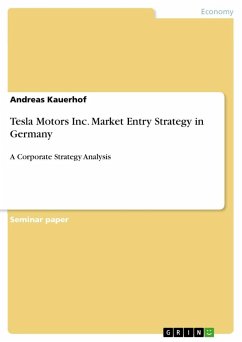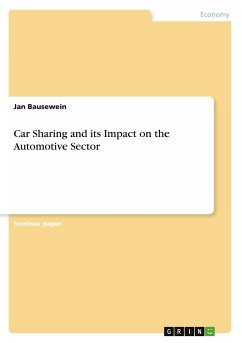Bachelor Thesis from the year 2020 in the subject Business economics - Business Management, Corporate Governance, grade: 1,1, University Pontificia Comillas Madrid, language: English, abstract: This thesis is concerned with what AI is capable of in decision-making when involved in organizational decision-making processes or embedded in offered products that per-form decisions. It is also concerned with what is lost and what is gained through its use and which risks businesses face when applying it. It adds value to previous work conducted on challenges and risks by explaining these from a business perspective focusing on the economic implications for organizations. The resulting overview on chances and risks can serve organizations interested in AI investments to augment or automate decision-making in understanding the risk situation and potentials in this field. In the first chapter AI is introduced in a comprehensible way for non-computer scientists and its relevance for business is outlined. Subsequently, decision processes and how humans and AI tackle them are explained which provides a foundation to under-stand respective strengths and limitations of humans and AI in decision-making. The third chapter explains how AI can be applied in decision-making in businesses processes and products that perform decisions providing benchmark examples. Autonomous driving and recruiting are presented as examples for decision automation and decision augmentation respectively on the basis of which benefits and challenges will be explained. Focusing on these examples aims at making the possible associated effects of using AI in decision-making processes more tangible and understandable for business professionals.
Hinweis: Dieser Artikel kann nur an eine deutsche Lieferadresse ausgeliefert werden.
Hinweis: Dieser Artikel kann nur an eine deutsche Lieferadresse ausgeliefert werden.

